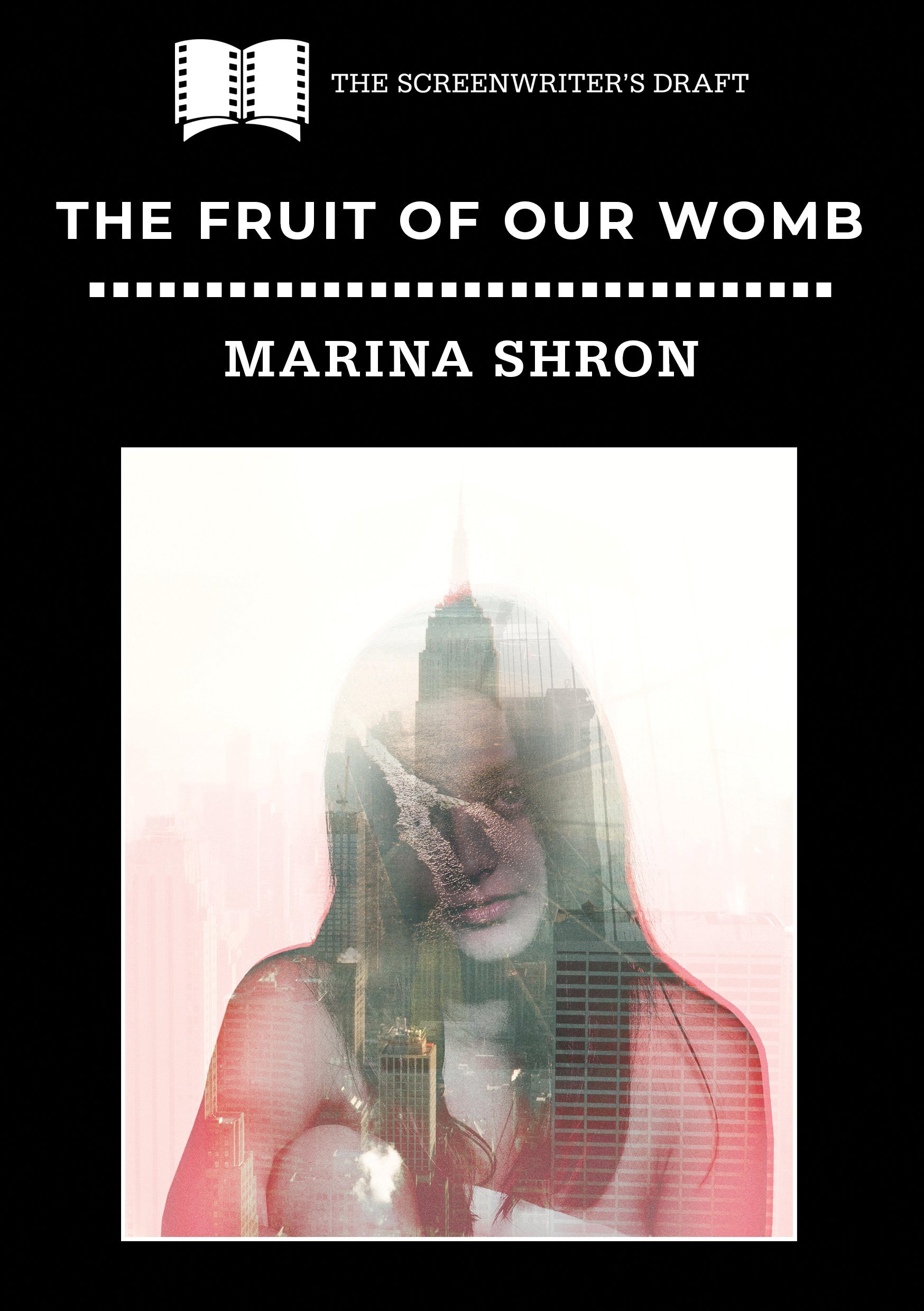Books
The Fruit of Our Womb
"I have taken Christina's story through various incarnations - from a stage play to a short film and ultimately, this script. The reason behind this journey is my fascination with Christina as a character. A refugee from an unknown country, she is equally an outsider in both worlds she inhabits – one of poverty and abuse and the other of affluence and opportunity... This book as well as the upcoming film — is a disruptive social parable that challenges the conventional notion of Family. Christina is a catalyst for re-examining its meaning — and the meaning of motherhood. “
-Author’s Note
Available from (Screen)Play Press. Purchase Here.
Red Blues: Voices from the Last Wave of Russian Immigrants
“Red Blues offers a window onto the daily struggles and personal transformations of immigrants of many backgrounds and personalities: Jews and non-Jews, soldiers, rocket scientists, painters and exotic dancers, a film director turned tailor, a dominatrix turned governess. Their oral memoirs are rich with detail and shot through with strains of emotion that are too rarely included in immigrant studies. One comes away from this book feeling the bitter taste of lost culture and status, the exhilaration of testing oneself in a new culture, the ambivalence of loving the new and longing for the old.”
—Annelise Orleck, author of Soviet Jewish America
“Red Blues offers a fascinating picture of the experiences of recent Russian immigrants. Through a series of oral histories, the immigrants present their own stories of their lives in the former Soviet Union and why they left—and the challenges they face in making a new home in America. The stories make compelling reading.
—Nancy Foner,
author of From Ellis Island to JFK: New York’s Two Great Waves of Immigration
“[In Red Blues] people compare what they left with what they came into. It isn’t as one-sided as you might expect. America is another planet, they find, one with a fierce competitiveness and different values. The immigrants are frequently eloquent about the nature of friendships there, those communal bonds the precariousness of Soviet life fostered. …The stories are as varied as the tellers. One says: to immigrate is to strip yourself bare. Maybe readers are archeologists rather than voyeurs and find old clothes more interesting than naked bodies. That country, the Soviet Union, is no more. And this America is one not so much strange, as ‘misaccustomed.’ These are voices of people who, with little help or preparation, have had to unite different worlds within themselves.”
—Mark Halperin,
former Fulbright Lecturer at Moscow State Linguistic University
Available on Amazon.com and at Barnes and Noble.

